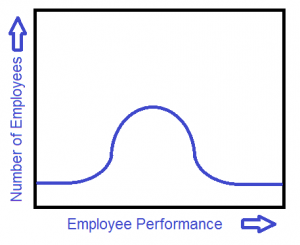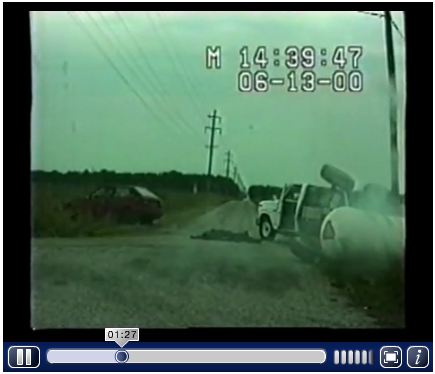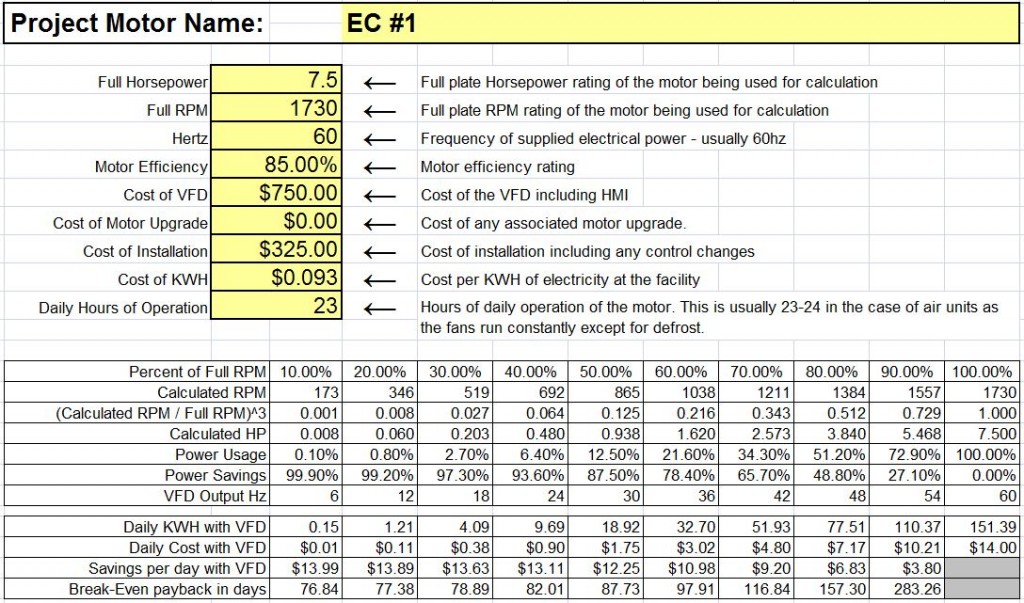Over the past few years I have had the opportunity to work with quite a few Ammonia Operators. Recently I chose to oversee the training of a new operator who had no previous refrigeration experience. In preperation I talked with various members of the maintenance staff and management to see what they wanted to see from this new Operator. This led to many conversations about the varying quality of Operators in the industry. I have the privilege of working alongside a bright young aeronautical engineer who has decided to work in Ammonia Refrigeration. We have some really interesting conversations and I often wish I had recorded them for this site. What follows is a synopsis of my opinion after a fairly long discussion we recently had.
There are three types of Operators in our industry: The ill-suited, the good and the great.
The Ill-Suited: Our field is a challenging one, and those without the proper attitude and skills are usually quickly weeded out*. Still, the ill-suited are not necessarily bad people – they just lack the proper mind-set to work in a technical field like ammonia refrigeration. I’m sure we all have some stories to tell about our dealings with these operators because they usually scare the hell out of you! A lack of knowledge is to be understood when you start out in any field, but these operators tend to be ignorant of their ignorance. They don’t follow SOPs because they know better. They don’t follow safety rules, because they feel those rules shouldn’t apply to them. These are the guys who jack up the rear suspensions on their cars to “improve gas milage – it’s like going downhill!” and think that pilot valves in an ammonia refrigeration system serve the same purpose as a pilot in a stove.** They always have an answer to every problem and that answer is usually wrong! Usually these operators can be identified by the boxes of “may be good” spare parts. They replaced a half dozen parts to rectify a problem and they aren’t sure which one was broken so they put them all back on the shelf. These operators take ownership of nothing! Everything that went wrong wasn’t their fault and anything in disrepair wasn’t their responsibility. They can cost you dozens of times their annual salary and will likely get you on the national news as ammonia spews out your building.
The combination of unwarranted confidence and rampant incompetence should lead them into a field more suitable to their talents and temperament such as government administration. Somewhere a Department of Motor Vehicles is missing their “Employee of the Month”! The sooner we move them out of our engine and control rooms the better off we all are.
The Good: The good operators comprise the bulk of the field. They are diligent in their rounds and conservative in their approach to solving problems. Their understanding of refrigeration is good enough to solve 99% of everyday problems and they are not afraid of asking for help when they get in above their heads. It may be difficult to convince them to try new things (floating head pressures, motor operated valves, electrically operated expansion valves, etc.) but that’s because they don’t see the point in changing “what already works” for something more complicated. If you are willing to work with them they are almost always willing to work with you. It’s not too difficult to get these guys to attend a training, but you had better keep it interesting and pertinent or you will lose them quick. These operators take ownership of the equipment and it’s not rare to see them applying a new coat of paint to a compressor every year. These operators can usually be identified by their grey beards***, well worn uniforms and confident, easygoing attitudes. They are worth every penny you pay them and probably a good deal more. They are the backbone of the industry and we should all be happy to have them.
The Great: The great operators are good operators with an engineer’s soul. They could have easily become actual engineers if they had the inclination to go to college. They don’t just want things to work; they want to know WHY things work. Once they understand that, they want to know if it could work a little bit better. These operators can usually be identified by their stacks of obscure refrigeration papers, magazines and cut sheets. These are the operators you see at RETA meetings and trade shows. It’s hard to keep these guys away from trainings and they’ll attend nearly anything you’ll let them go to. They are worth a lot more than they are being paid but they aren’t there for the money – they are there for the thrill they get when they solve a difficult problem, start up a brand new piece of equipment, or save multiples of their annual salary in electrical costs by optimizing system operation. These operators take ownership of the entire system’s operation. If you are lucky enough to have one of these operators, you had better keep them challenged and rewarded or they will wander off to seek new challenges and rewards.
That’s one man’s opinion – I’d love to hear yours!
* Occasionally you will encounter one of these operators who’ve made a career out of “fixing” the system a half dozen times a week. They are viewed as “heroes” by their ill-informed plant managers because they are always getting “this junk system running again”. In my experience, it’s rarely the “junk system” that is at fault.
** I am NOT making this up. Both of these were told to me by people someone actually trusted to operate an ammonia system.
*** I wish I was kidding. There is an astounding lack of youth in our field, but we’ll leave that conversation for another day.
Update 12/22/10: Check out this post for some follow-up on how to assess your operators and perhaps turn those good operators into the great ones!




